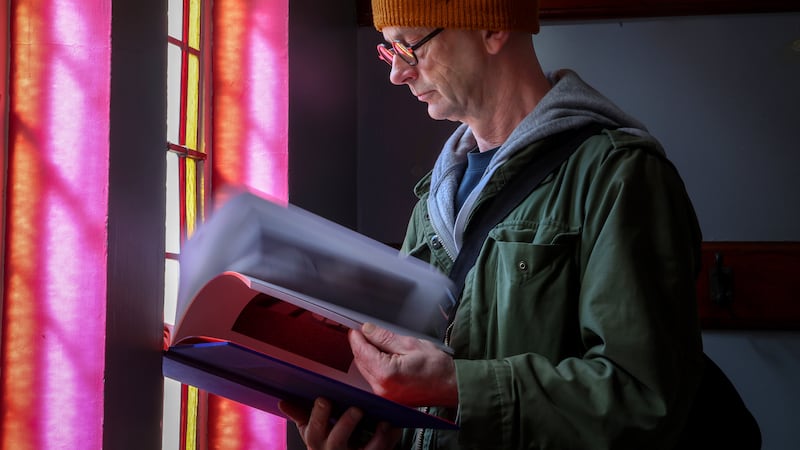I HAVE always been in awe of any teenager who achieved a full attendance award at the end-of-year prize giving. My jaw dropped on Wednesday night when a number of girls were given this award, not for one year’s full attendance, but for not missing a single day at school for five years.
One of the recipient's parents commented that she had won the award for licking the school gates and joked that she had the keys to the place.
Over the past few weeks, I have been asked to speak at end-of-year prize-giving ceremonies at a number of schools. I have been honoured to do so but found the prospect daunting. Although I talk for a living, I usually do so from a small, dimly lit studio where there’s no-one but me, some music and guests.
On Wednesday, and at the similar events I have spoken at this year, I felt a great sense of responsibility when addressing the students who had completed their GCSEs and A-levels.
On the night, I was tasked with trying to encourage and invigorate a group of teenagers. I was very worried that anything I had to say may have bored them to tears.
I briefly outlined the academic path I followed (which was far from perfect) and then found myself going down the route of offering some life advice. I can only hope that they got something out of it.
The invitation to speak at these events made me take time to consider my career choices and experiences up to this point in life.
The advice I offered can be summarised as follows: if you love it, do it. It’s OK not to know it all, so try to ask questions. No job is too small if you really want to learn. Take every opportunity available to upskill. Travel, gain as much life experience as possible, network – meet new people.
The most important thing of all is not to be afraid to fail, and to learn how to manage disappointment. I honestly believe that it’s important not to sugar coat everything and wrap teenagers in cotton wool. That will never serve them well.
The sooner they learn that everything can’t go your way in life, the better. I wish that I had realised the importance of developing coping mechanisms a lot earlier in life. Contentment is now much more achievable and, for me, this is the most important thing in life.
A sense of contentment is not easy to achieve, and certainly not as a teenager. I have said it often in this column that the teenage years are difficult – both for the developing, hormonal teenager and for everyone else around them.
Looking around me on Wednesday evening, I saw a network of parents and teachers who were proud of the achievements of their children and pupils and who wished them the best.
The role of teachers in our lives is an interesting one. I wouldn’t like to say that I had any ‘bad’ teachers, but some certainly cared more than others, and many went the extra mile for their students. Relationships can get strained sometimes between students and teachers, in the same way as it does between parents and children. It became evident that prize giving is also a big night for teachers, as they watch these young adults move on with the next stage of life.
It is important and correct to award academic excellence, but I am always much more interested in the other more unusual awards. It was apparent why teachers felt the need to recognise those who contributed in different ways to school life, some in the face of much personal adversity.
Throughout their secondary education, the teachers have watched these teenagers become young adults, and that has to be an emotional experience for them too.
Hearing the stories of these teenagers was very humbling. From students who had recently lost family members, to others who are finding it difficult to look after their mental health, to students who are transitioning sexually and others who are dealing with pregnancy.
The teachers were also like proud parents looking on as they all progressed, accepted their awards and made sure to get the all important photo – "with a filter please, Miss".
Off the teenagers go now into the big bad world, and we wait to see what will become of them.









